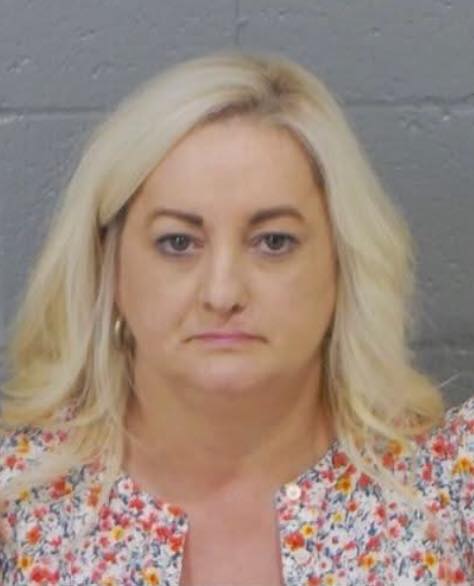OUR VIEW: A good move by the Albemarle City Council
Published 5:20 pm Friday, October 4, 2019
In what has been an extremely active local news cycle recently, one important development in the City of Albemarle has not received as much praise as it should have.
At a meeting last month, Albemarle City Council approved going forward with a move to nonpartisan elections.
Even though it was a split vote, with good reasons expressed by the naysayers, this is a good idea.
Our country has become so divided over the last few years, where we can’t even express our views without being ridiculed. If someone does not share your position, we call them fake or result to name-calling.
We should be above that in Stanly County. But unfortunately the national hatred has infested our borders. That was definitely apparent in the recent incident at North Stanly High School that drew national media attention.
So why would we want to be partisan in a small town such as Albemarle?
Only Asheville, Charlotte, Kinston, Lincolnton, Sanford and Winston-Salem will remain as cities with partisan elections for local government.
According to the U.S. Census Bureau, population estimates as of July 1, 2018 for those cities were: Asheville (92,452), Charlotte (872,498), Kinston (20,083), Lincolnton (10,945), Sanford (29,917) and Winston-Salem (246,328).
Albemarle was at 16,106.
So realistically, Charlotte and Winston-Salem are the only two who could realistically still use partisan elections, if you go by population alone.
Cost savings vary depending on election methods a municipality chooses and whether primary elections are conducted.
“Moving municipal elections to even years and combining them with county elections has greatly reduced the cost for all municipalities because the costs are shared,” County Elections Director Kimberly Blackwelder said.
The opinions of City Council members varied, but a few stood out to us:
“I’ve always felt that local elections should be non-partisan since most local issues we deal with aren’t partisan or political matters,” Chris Whitley said. “With one-third of Albemarle voters unaffiliated and only about seven cities in North Carolina out of over 500 still being partisan, I think it’s time we change to allow all citizens to participate in our electoral process.”
“It is my belief that although statistics and data appear to make non-partisan elections more favorable and economically feasible, I don’t believe it’s the best fit for our community,” Dexter Townsend said. “I’ve lived here long enough to develop a great sense for hidden agendas, and knowing the voting history during municipal elections combined with the mindset of those who implement political trickery, I had no choice as the only minority representative on the council but to vote in opposition.”
“Party politics do not have a place in local government,” Martha Sue Hall said. “It’s about providing the best practices for the entire city…voters need to ‘know the person’ not ‘the party,’ and educate themselves on issues that are relevant to local government.”
The lessons to be learned from this are that voters should educate themselves more on the person and their beliefs rather than whether a “D” or “R” rests beside their name. It also allows for the growing number of people who are Unaffiliated, ones sometimes left behind by both major parties, to stand up and take a position on the council.
But most importantly, get out and vote.





